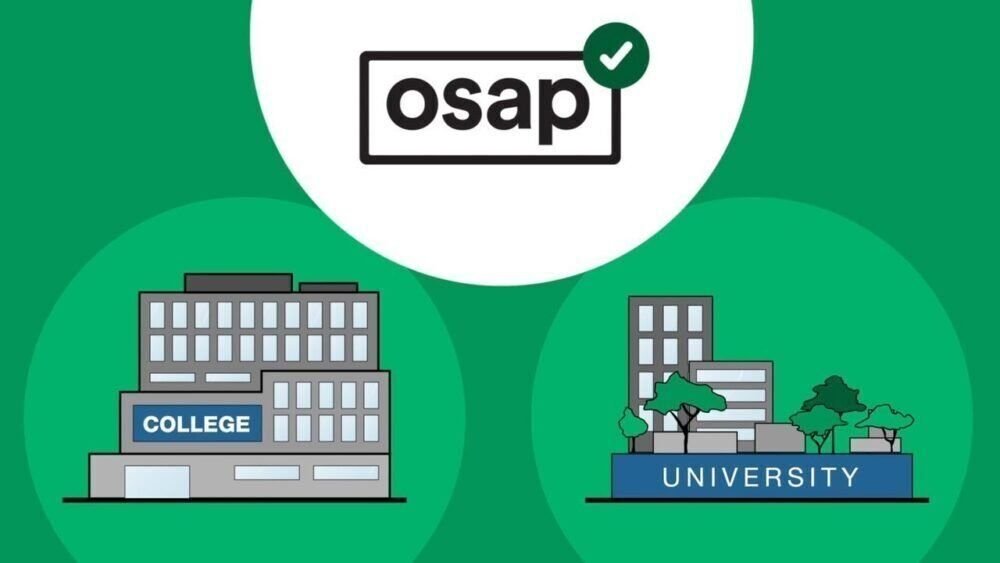- December 26, 2022
- Admin
- 0
Canadian universities are among the most popular places for international students to study. A Canadian degree is recognized all over the world, and it can give you open doors when it comes to getting a job or furthering your career. Not only that, but some schools offer significant financial aid! In this article, we’ll take a look at what makes Canadian universities so great and how they compare to other schools in North America.
Table of Contents
ToggleGoing to university in Canada is a good idea
Going to university in Canada is a good idea. Here are some reasons why:
- Canada is a great place to study. It has high standards of living and an excellent health care system, which are likely important to you.
- Canada is safe, with lower crime rates than most other countries. You can feel confident about your safety here!
- Canada has a good reputation for education, so you can expect the quality of education at Canadian universities to be very high.
- Many students worldwide attend Canadian universities each year—and now you’re part of that group! You’ll meet people from all over the globe who share similar interests as yours, making it easier for you to make new friends at school and beyond!
Most Canadian colleges are public
If you have decided to study in Canada, knowing the difference between public and private colleges is essential. Public colleges are funded by the government, whereas private colleges receive little or no funding from the government. In most cases, public institutions provide a more affordable education than their private counterparts.
However, if you are interested in attending a school entirely free of charge (or close), then look for schools with high rankings on the Canadian University Ranks list below – these will usually be found at top-ranked universities such as McGill University and Queen’s University in Ontario; these schools tend to be excellent all-around institutions where students will get a fantastic learning experience both inside and outside of class!
Experiential learning
Experiential learning is a crucial feature of many courses in Canadian universities. Students can get real-world experience through internships, work placements and field trips that help them understand their studies’ relevance to their future careers. These experiences also help them develop transferable skills like teamwork and communication.
Canadian degrees are accepted all over the world
You can study in Canada for as little as one year or as long as you want. You can also look for free if your family income is under $20k (Canadian).
It’s essential to remember that Canadian degrees are recognized worldwide and will help you stand out from other applicants when applying for a job or program.
Some Canadian universities are very new
Some of the most popular Canadian universities are very new.
- The University of Toronto (U of T) was founded in 1827, making it one of the oldest universities in Canada. It is also the largest university in Canada, with over 200,000 students and more than 40 buildings across downtown Toronto. If you choose to attend U of T, you’ll never be far away from resources or classmates—which may be vital if you’re looking to make friends while studying abroad!
- McGill University was founded in 1821 as a private school called the Royal Institution for the Advancement of Learning by Scottish fur traders who wanted educational opportunities for their children. While McGill remains a private institution today (and thus costs money), it has become an internationally renowned research-driven university that attracts high school students from all over Quebec—not just Montreal—as well as international students from around the world who want to study at one of Canada’s top institutions.
The oldest university in Canada is the University of New Brunswick
The oldest university in Canada is the University of New Brunswick. Founded in 1785, it was the first English-speaking university established in Canada. It is also the oldest university in the British Commonwealth, the oldest university in Atlantic Canada and the Maritimes.
The second-oldest Canadian university is Dalhousie University, established by an Act of Parliament on July 1st, 1818 and incorporated by the Royal Charter four years later on November 4th, 1822.
McGill University is the most international university in North America
McGill University is the most international university in North America, with students representing 170 countries. McGill is located in Montreal, Quebec, Canada and has over 47,000 students. It is a public research university that offers undergraduate and graduate programs at both the undergraduate level and Masters and Ph.D. degrees.
Canada has over 600,000 international students every year
Canada is a popular destination for international students. In fact, in 2017, there were over 600 000 international students in Canada. Many of these students come from China. It’s estimated that around 500 000 Chinese students live in Canada.
Canada has over 200 universities and colleges that offer degrees at Bachelor’s, Masters and Ph.D. levels. Universities are usually organized into different faculties or schools (e.g., Arts & Science). You can find more information about Canadian universities at the following websites:
- The Canadian Association of Universities (www.cau-acu.ca)
- Post-secondary institutions by province
Learning more about Canadian universities can help you decide to study there!
- Learning more about Canadian universities can help you choose to study there!
- Canadian universities are an excellent choice for studying abroad.
- Canadian universities are affordable.
- Canadian universities are diverse.
- Canadian universities have a good reputation.
- Canadian universities are highly ranked and well-respected worldwide, especially in Canada itself.
Conclusion
We hope this article has helped you to learn more about the Canadian university system. If you’re looking for a place to study in Canada, there are plenty of options! There are over 100 universities in Canada, ranging from small liberal arts colleges to large research institutions. No matter what type of school or experience you want, there’s something for everyone.
















